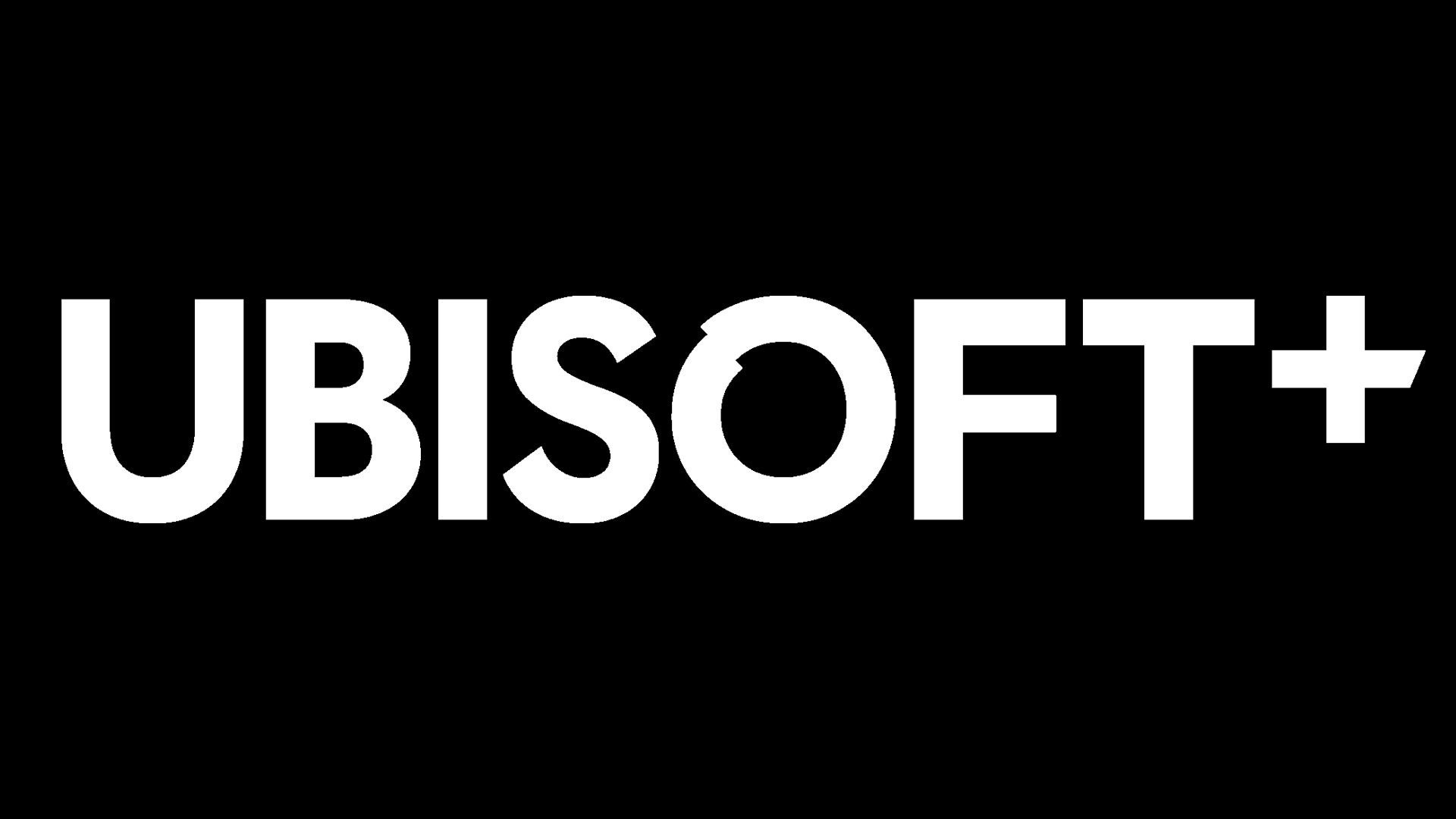In the evolving landscape of video game monetization, a recent statement from industry giant Ubisoft has ignited a familiar yet fervent debate. The company, known for its sprawling open-world epics like Assassin`s Creed, boldly claimed that its microtransactions (MTX) do more than just bolster the balance sheet; they purportedly make games “more fun.” This assertion, nestled within their annual financial report, has prompted a collective raised eyebrow from players and critics alike, forcing a closer look at what “fun” truly means in the context of modern gaming economics.
Ubisoft`s Proposition: Fun Through Purchase?
Ubisoft`s official stance, as presented in their report, attempts a delicate tightrope walk. On one side, they espouse a “golden rule”: players should be able to enjoy their premium games in full without feeling compelled to spend additional money. A commendable sentiment, certainly. However, this is immediately followed by the declaration that “Our monetization offer within premium games makes the player experience more fun by allowing them to personalize their avatars or progress more quickly.”
This duality presents a fascinating, if somewhat strained, definition of `fun`. On the one hand, cosmetic customization can indeed enhance player expression and engagement. On the other, the idea that faster progression—often achieved by purchasing experience boosts or other time-saving items—equates to “more fun” is where the narrative begins to fray. For many, the challenge and journey of progression are intrinsic to the fun of a game, not an obstacle to be bypassed with a credit card.
The Player Perspective: A Battle Against Artificial Barriers
The gaming community has long voiced its skepticism regarding microtransactions in full-priced, single-player titles. The primary criticisms often revolve around the perception that such monetization schemes introduce artificial grind or slow progression rates, thereby encouraging players to pay to alleviate manufactured frustrations. This contrasts sharply with the expectation that a game purchased at full price should offer a complete, unimpeded experience from the outset.
Consider the player who invests 60 or 70 dollars in a new title. Their expectation is to immerse themselves in the meticulously crafted world, overcome its challenges, and progress through its narrative and systems at a pace determined by their skill and dedication. When paid progression boosts are introduced, it subtly suggests that the game`s core progression loop might be intentionally tedious, engineered to push players towards a monetary shortcut. This isn`t just about unlocking content; it`s about the very integrity of the gameplay experience.
The Unavoidable Business Reality
It would be naive to ignore the commercial pressures faced by major publishers. Developing AAA games today is an incredibly expensive undertaking, with budgets often soaring into the hundreds of millions. Companies like Ubisoft are publicly traded entities, accountable to shareholders who demand consistent revenue growth. In this context, microtransactions represent a powerful, recurring revenue stream, complementing initial game sales. The financial successes of titles like Assassin`s Creed Valhalla and the anticipated Assassin`s Creed Shadows, despite their inclusion of in-game purchases, undeniably demonstrate the commercial viability of this model.
The challenge, then, lies in balancing shareholder expectations with player goodwill. A continuous flow of new content, whether cosmetic or functional, requires ongoing investment. Microtransactions, when implemented thoughtfully and transparently, can fund these endeavors without alienating the player base. The key distinction often debated is between additive content (new skins, optional cosmetic items) and subtractive mechanics (elements that feel like they were removed from the base game only to be sold back, or that accelerate intentionally slowed progression).
The Irony of “More Fun”
The true irony of Ubisoft`s statement lies in its claim that microtransactions inherently *enhance* fun. Fun, for most gamers, is subjective but deeply tied to engagement, challenge, mastery, and immersion. It`s the thrill of discovering new areas, the satisfaction of overcoming a difficult boss, or the joy of customizing a character through in-game achievements.
When “fun” is attributed to bypassing these core gameplay loops, it redefines the very essence of interactive entertainment. Is it truly “more fun” to skip the journey, or is it merely more efficient, more convenient, or perhaps, less frustrating for those who feel the grind is excessive? If a game`s progression system is so un-fun that players are willing to pay to accelerate it, perhaps the core design needs re-evaluation, rather than simply offering a monetary bypass.
“Our monetization offer within premium games makes the player experience more fun by allowing them to personalize their avatars or progress more quickly.” — Ubisoft Annual Report
This statement inadvertently highlights the inherent tension: is the game designed to be fun as a standalone product, or is it designed to encourage further transactions? The answer, for many, lies in the perceived value of what`s being offered and whether it genuinely enriches the experience without compromising its core integrity.
Moving Forward: The Future of Monetization
Microtransactions are, by all indications, here to stay. They are a deeply integrated part of the modern gaming economy. However, the ongoing dialogue, fueled by statements like Ubisoft`s, serves as a crucial pressure point. It reminds publishers that while financial success is paramount, maintaining player trust and delivering genuine value remain foundational to long-term success. The path forward for companies like Ubisoft involves a careful calibration: ensuring that monetization strategies genuinely add to, rather than detract from, the inherent joy and challenge that players seek in their virtual worlds. The “fun” should be built into the game, not sold separately.

